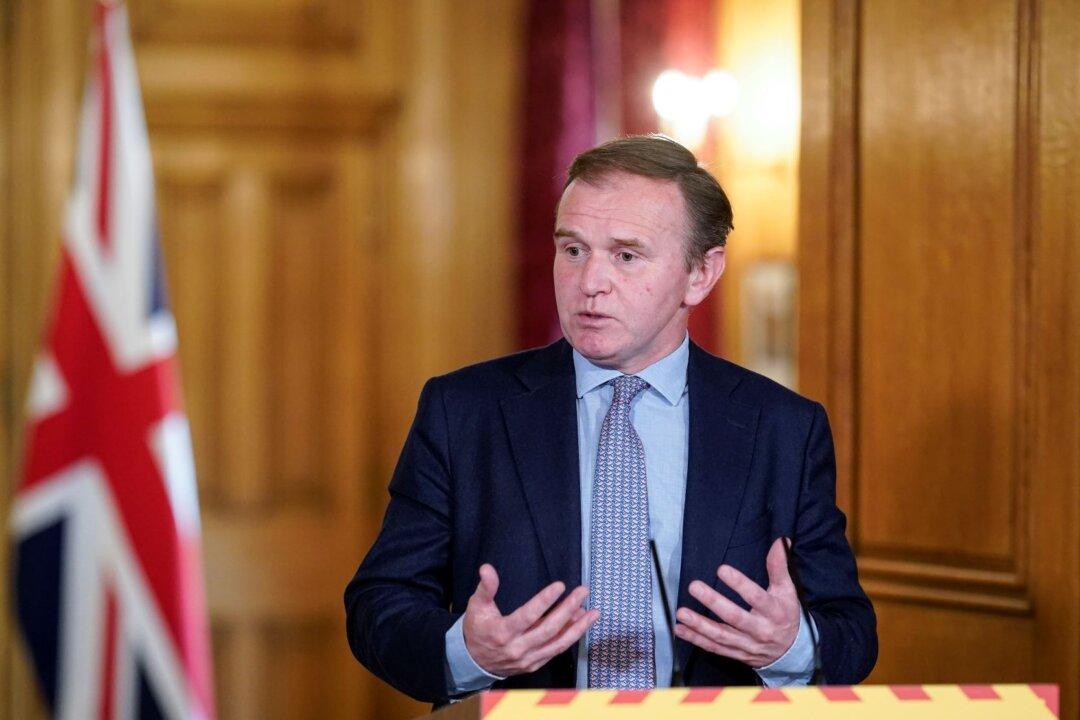A former environment secretary has said 1.7 million rural homes will be affected by a looming ban on oil boilers and has warned the issue could be as unpopular in the countryside as the extension of the Ultra Low Emission Zone (ULEZ) in London.
George Eustice, who represents the Cornish constituency of Camborne and Redruth, said: “Rural communities are about to have their own version of London’s ultra-low emission zone dumped on them.”





